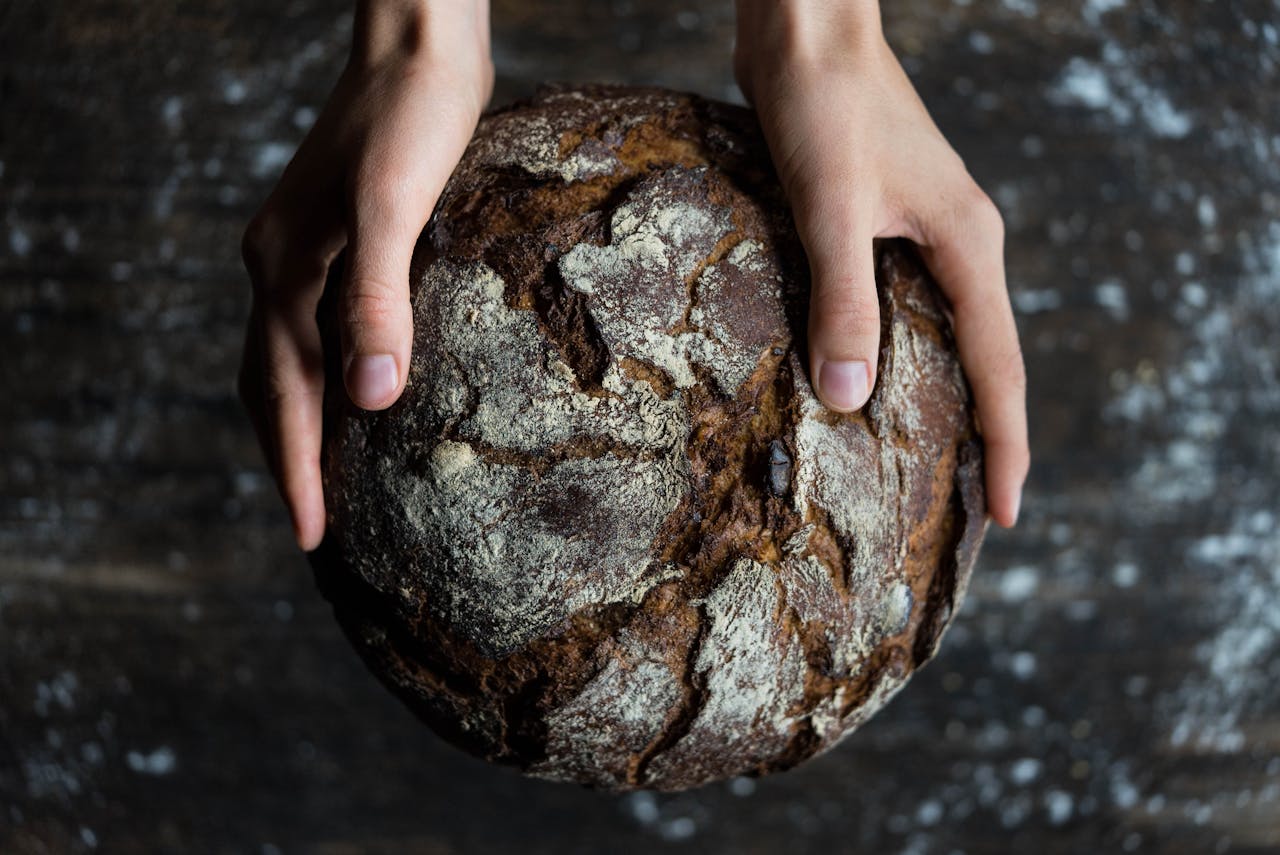A Fresh Start for Moms
The start of a new year often brings resolutions, and for many moms, a commitment to health and fitness is at the top of the list. Whether you are expecting, a new mom, or planning for pregnancy, prioritizing your well-being benefits both you and your child. A strong, healthy body leads to better energy, improved mood, and a smoother postpartum recovery.
Studies confirm that mothers who maintain a balanced weight during pregnancy tend to have healthier babies. Research from leading health institutions emphasizes that prenatal exercise not only supports the mother’s cardiovascular health but also contributes to optimal fetal development. Babies born to active mothers have improved metabolic profiles, reducing their risk of childhood obesity and diabetes.
Why Exercise Matters
Physical activity during pregnancy enhances circulation, boosts energy, and strengthens muscles crucial for childbirth. Engaging in prenatal fitness programs such as yoga, Pilates, or low-impact aerobics improves flexibility, reduces back pain, and enhances mental well-being. Additionally, postpartum exercise accelerates recovery, helps regulate hormones, and supports emotional stability.
Experts recommend at least 150 minutes of moderate-intensity exercise per week for pregnant women. Activities such as walking, swimming, and resistance training are particularly beneficial. Water-based exercises, in particular, are ideal as they minimize joint strain while providing effective cardiovascular benefits.
The Role of Nutrition
A well-balanced diet plays a critical role in maternal and fetal health. Nutrients such as folic acid, iron, calcium, and omega-3 fatty acids are essential for fetal brain development and overall well-being. Fresh vegetables, lean proteins, whole grains, and healthy fats should form the foundation of a pregnancy-friendly diet.
HYDRATION: Staying hydrated is equally important. Proper hydration supports amniotic fluid levels, aids digestion, and prevents fatigue. Doctors recommend drinking at least eight glasses of water daily, with increased intake during physical activity.
Postpartum Fitness and Recovery
After childbirth, the body undergoes significant hormonal shifts. Engaging in postpartum-friendly workouts, such as pelvic floor exercises and core strengthening routines, can aid in recovery. Kegel exercises help restore pelvic muscle tone, reducing the risk of incontinence, while gentle abdominal workouts enhance core stability.
Breastfeeding mothers should ensure they consume adequate calories to support milk production while maintaining a healthy diet. Combining proper nutrition with gradual physical activity enables sustainable weight loss without compromising energy levels.
Prioritizing Mental Well-being
Mental health is just as important as physical fitness. The postpartum period can be emotionally challenging, and incorporating mindfulness practices like meditation, deep breathing, or journaling can help alleviate stress. Seeking support from friends, family, or professional counselors ensures a smoother transition into motherhood.
Sleep is another crucial factor. Although new moms often experience disrupted sleep, establishing a consistent bedtime routine and napping when possible helps counteract fatigue. High-quality rest supports cognitive function, emotional balance, and overall resilience.
Creating a Sustainable Routine
Building a long-term fitness and wellness routine requires realistic goal-setting. Moms should focus on consistency rather than intensity, incorporating movement into daily activities such as walking with a stroller or engaging in family-friendly outdoor workouts.
Enrolling in postpartum exercise classes, joining online support groups, or working with a personal trainer specializing in maternal fitness can enhance motivation and accountability. A balanced approach combining exercise, nutrition, and self-care leads to lasting results.
The New Year presents the perfect opportunity for moms to invest in their health and well-being. By embracing an active lifestyle, nourishing the body with essential nutrients, and prioritizing mental wellness, mothers can set a positive example for their children. Small, consistent efforts lead to lasting benefits, ensuring a healthier and happier future for both mom and baby.












